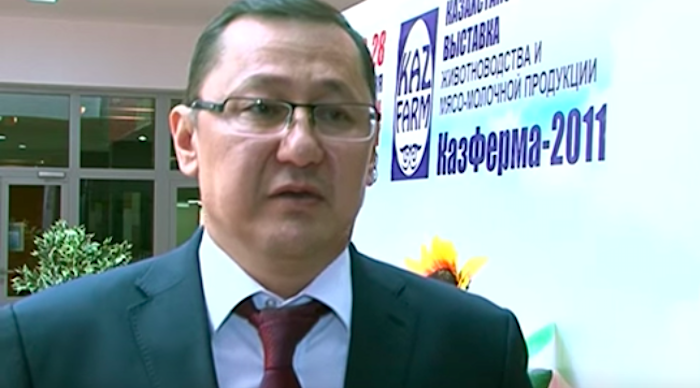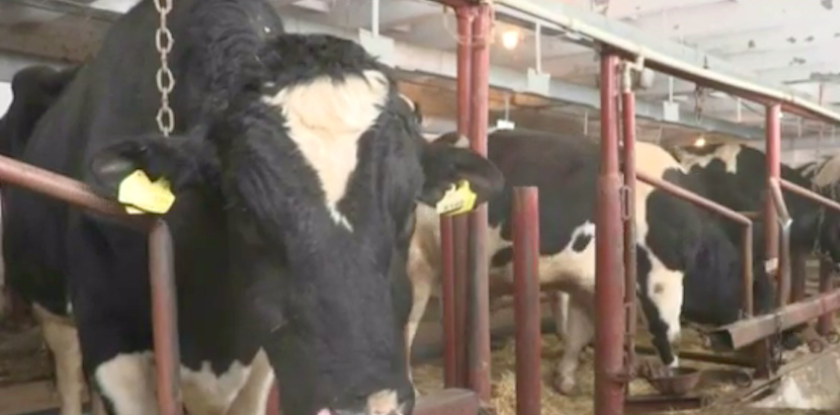The data shows that the Kazakh agricultural sector is going through a profound crisis. This crisis is perhaps even more severe, large-scale and systemic than the one experienced by the banking sector. This fact is especially evident from the data on the volume of the loans given to the agricultural producers by private banks and the agroholding.
Kazakhstan’s systemic problem of the state’s abnormally active participation in everything from the economy to the information space is caused not only by the existing authoritarian political system but, oftentimes, by necessity. The authorities have to cover and make up for what logically lies within the competence of the market, the business and the citizens.
To confirm this idea, let us cite the material published by Forbes.kz and headlined “Banks Reduce Crediting of Agrobusiness by 4 Times in the Course of 8 Years”. The sub-headline reads – “Financial institutes are replaced by the state: for the duration of the same period, Kazagro holding has increased the funding of the sector by 4 times as well”. Here are some quotes (text in bold by kz.expert).
“This is the data presented by Vice Minister Berik Beysengaliyev at the Ministry of Agriculture Council.
- For the past 8 years, from 2011 to 2018, the volume of bank loans had decreased by 4 times. In 2011, it constituted 448 bln tenge, in 2018 – 112 bln tenge. With that, the funding via the Kazagro Group’s resources had increased by 4 times as well – from 93 bln to 385 bln, said he.
The Vice Minister noted that, since “Kazagro is acting alone and cannot compensate for the losses suffered on account of the second-tier banks”, the funding of the banks via the holding has been increased to change the situation.
- In order to ease the access to the resources for the farmers, Kazagro is now actively funding the banks. In 2018 alone, Kazagro funded the second-tier banks in the amount of 132 bln and, owning to this, the banks have been able to fund more than 6 thousand producers, said Beysengaliyev.
With that, he noted that, in 2017, Kazagro allocated about 90 bln tenge for the funding of the banks”.
The reasons why the Kazakh banks have decreased the crediting of the local agricultural sector are well-known:
- the heavy debt load of the sector’s producers and their clear inability to service the loans with the current (market) interest rates;
- the unstable nature of the business;
- the large-scale embezzlements on the part of both the managers and the salaried employees;
- the lack of high-quality collaterals;
- the limited number of market outlets;
- the deficit of effective business-models;
- and a host of other things.
So, if we are to believe Vice Minister Berik Beysengaliyev, the total volume of the loans given to agricultural producers by private banks and the Kazagro holding had decreased from 541 bln tenge in 2011 to 497 bln tenge in 2018. In other words, by 44 bln or 8.1%.

In reality, the fall is even harder than reported by the Vice Minister of Agriculture since, at the end of last year and the beginning of the current year, the state agency called ‘The Problem Loans Fund’ bought Tsesnabank’s non-performing loans (most of which had been given to the agricultural sector) in the amount of the whooping 1054 bln tenge.
To this, we should add the fact that, during these eight years, from 2011 to 2018, the Kazakh national currency had weakened against the US dollar by 2.3 times on a year-on-year basis, and the prices for imported equipment, accessory components and herbicides had risen to about the same extent.
The data shows that the Kazakh agricultural sector is going through a profound crisis. This crisis is perhaps more severe, large-scale and systemic than the one experienced by the banking sector. It also demonstrates that all those flashy state programs of reforming the sector are but attempts (futile, probably) to do anything to change the current situation.




